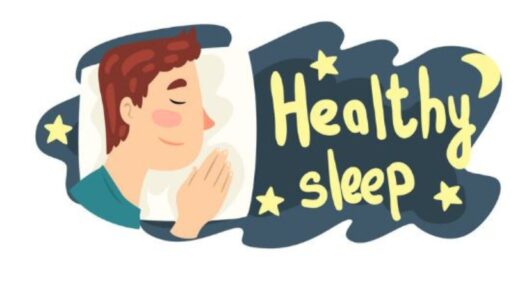- Anxiety includes the feelings of worry, uneasiness, and fear making it uncomfortable for a person to get normal and efficient in carrying out his tasks. Even though the occurrence of anxiety is normally many times, the raised level of anxiety can lead to several disorders requiring treatment. Best Medical Treatment For Anxiety
- As per several surveys, nearly 33.7 percent of people experience some form of anxiety disorder during their lifetime.
- There are different medications available for anxiety disorders treatment of which some are mentioned in this blog.
- Doctors may also prescribe medications along with cognitive-behavioral therapy (CBT) for better results.
You Can Consider This As Best Medical Treatment For Anxiety.
Some important types of medication capable of treating anxiety are widely used by doctors. According to the Anxiety and Depression Association of America (ADAA), the four major classes of drugs for anxiety disorders are as follows: Best Medical Treatment For Anxiety
1. Selective serotonin reuptake inhibitors.
- Even though selective serotonin reuptake inhibitors (SSRIs) are a category of antidepressants, specialists usually recommend SSRIs to persons with anxiety and obsessive-compulsive disorder (OCD).
- They are known as first-line drug treatments for anxiety.
- SSRIs stop nerve cells in the brain from reabsorbing serotonin. (Serotonin is a chemical that plays an important role in mood regulation).
- Some examples of SSRIs comprise sertraline (Zoloft), fluoxetine (Prozac), fluvoxamine (Luvox), paroxetine (Paxil, Pexeva), citalopram (Celexa), escitalopram (Lexapro). These all are considered as Best Medical Treatment For Anxiety
- The action of these medications begins 2 to 6 weeks but isn’t found effective for everybody.
- SSRIs are used by people for up to 12 months to treat anxiety. After this, the dosage gets reduced as per the patient’s condition.
- SSRIs are not habit-forming.
2. Serotonin-norepinephrine reuptake inhibitors.
- Serotonin-norepinephrine reuptake inhibitors (SNRIs) are an alternative class of antidepressants.
- SNRIs are used for the treatment of depression and anxiety.
- These drugs show their effect within a week of intake.
- These may be prescribed by doctors to treat some chronic pain disorders.
- The functioning of these medications includes the reduction of the brain’s reabsorption of the chemicals serotonin and norepinephrine.
- Examples of SNRIs include venlafaxine (Effexor XR) and duloxetine (Cymbalta)
3. Benzodiazepines.
- Benzodiazepines are another category of drugs to treat your anxiety. But when taken combinedly with opioid drugs increases your risk for severe sleepiness, respiratory depression, coma, and even death.
- Intake of benzodiazepines, even as recommended, can lead to physical dependence and withdrawal if you stop taking the drug suddenly which can be life-threatening.
- Overconsumption of these medicines can increase your risk of uneasiness and death.
- Benzodiazepines comprises of chlordiazepoxide (Librium), diazepam (Valium), lorazepam (Ativan) and alprazolam (Xanax). You Can Buy Xanax Online without a prescription also. Best Medical Treatment For Anxiety
- According to some doctors, benzodiazepines help to manage short-term anxiety. Best Medical Treatment For Anxiety
- They are mainly prescribed for not more than one month, otherwise may result in addiction.
4. Tricyclic antidepressants.
- Tricyclic antidepressants (TCAs) are a previously known class of antidepressant drugs.
- SSRIs are mostly preferred over TCAs as some side effects are associated with these drugs.
- TCAs may be useful in the case of some people where other medications don’t provide relief.
- Examples of TCAs for anxiety are nortriptyline (Pamelor), imipramine (Tofranil), and amitriptyline (Elavil). Best Medical Treatment For Anxiety
Note: All the medicines mentioned here are just informative. One should take any of these drugs only under a doctor’s prescription.











